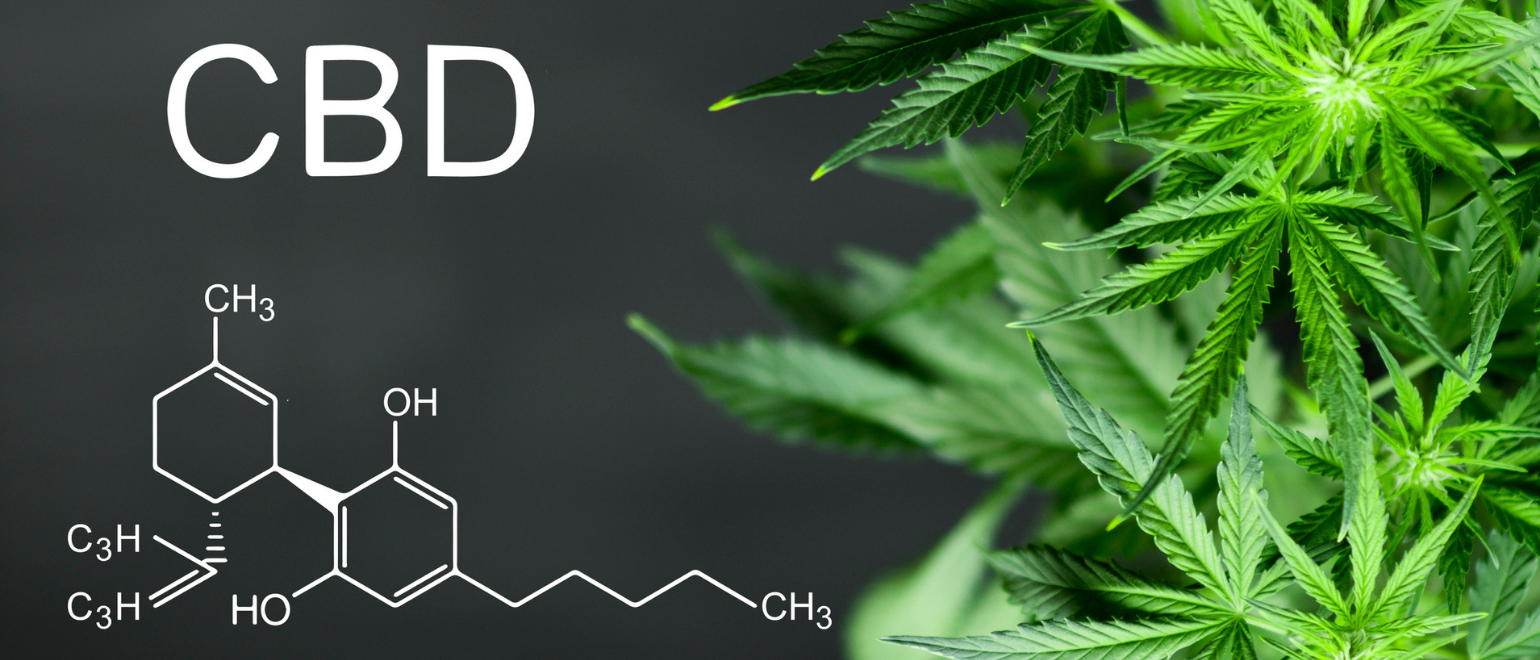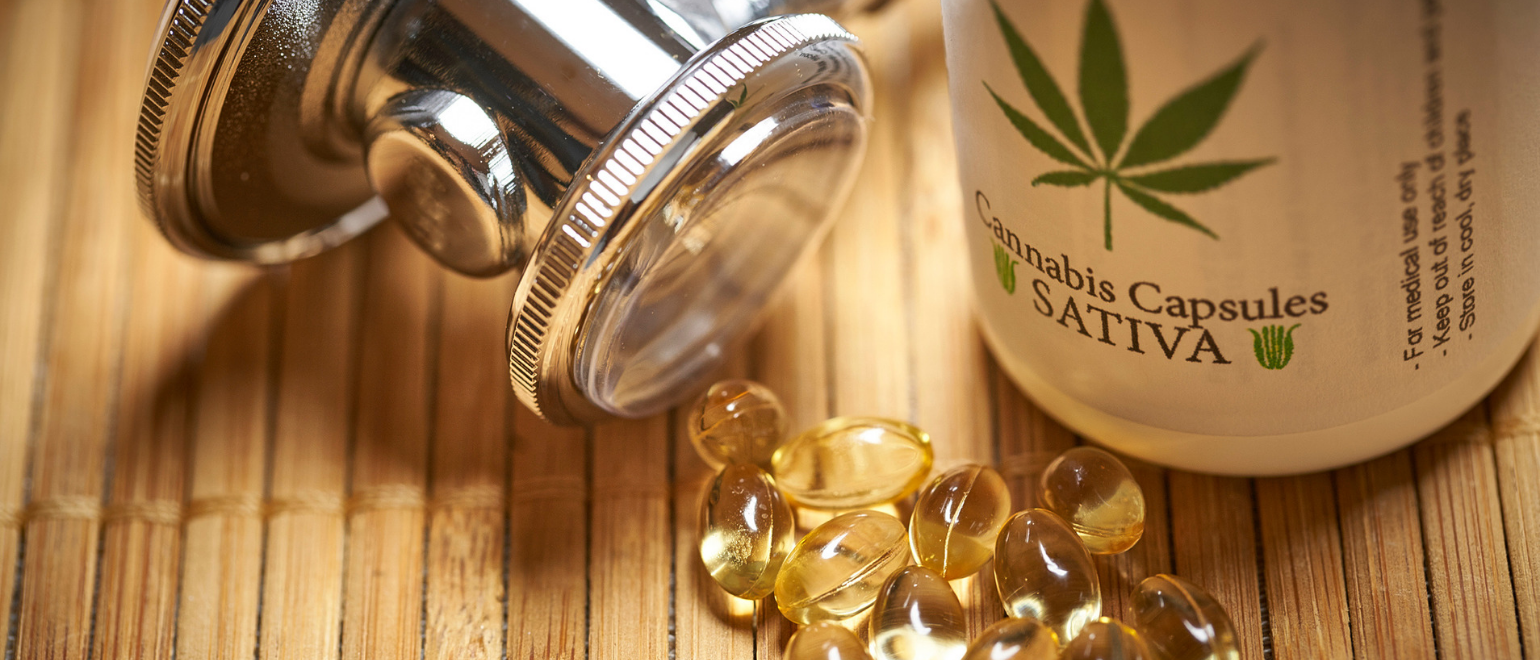On May 4, 2022, the Food and Drug Administration (FDA) issued warning letters to five companies it asserts are illegally marketing products labeled as containing delta-8 tetrahydrocannabinol (Delta-8 THC) in ways that violate the Federal Food, Drug, and Cosmetic Act (FDCA). Simultaneously, FDA issued a new consumer update “5 Things to Know about Delta-8 Tetrahydrocannabinol – Delta-8 THC.” The consumer update and warning letters are a continuation and expansion of FDA’s efforts to warn the public about products that are not approved under the FDCA and to rein in the rapidly expanding market of products containing hemp-derived cannabinoids. This set of warning letters marks the first time FDA has publicly taken enforcement action against products containing Delta-8 THC, and it will likely not be the last.
Continue Reading Warning! FDA Issues Warning Letters for Products Containing Delta-8 THC






